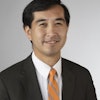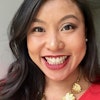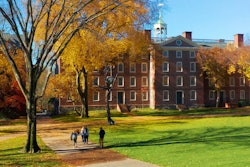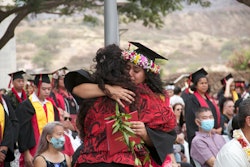College Park, Md.
When early news reports about the Virginia Tech shootings last month indicated the alleged perpetrator was Asian, Yixin Li, a University of Maryland freshman, said he prayed the shooter, Seung Hui Cho, would be Korean or Vietnamese and not a fellow Chinese.
That distinction didn’t matter to some observers because “after the incident people started calling me Cho,” recalled Li Wednesday at a forum, “The End of the Model Minority Myth: Reflections on the Virginia Tech Tragedy from Asian American Perspectives,” sponsored by The University of Maryland, College Park Asian American Studies Program and others.
Li said family and friends didn’t want him to attend the forum, preferring that he stay quiet, but he attended so that he could get an understanding of why he was facing the personal backlash from the tragedy.
“I was praying, which I knew was wrong of me, that he was not Chinese. I was praying that he would be Korean or Vietnamese,” said Li, an economics major. But he added, any wholesale comparisons between himself, Cho or any other Asian is wrong.
“I am not a model minority; I am me, I am myself,” Li said.
Li’s comments came during a panel discussion of mostly Asian university professors, community activists and students who reflected on their reactions to the tragedy and the media’s role in the racism that minorities face after an individual from a certain ethnic group commits a crime.
Frank H. Wu, dean of Wayne State University Law School and author of “Yellow: Race in America Beyond Black and White,” was the keynote speaker.
Wu said the reactions from the Asian American community to the tragedy can be looked at in two ways — the stereotypical passive approach or the more traditional remorse, which is what the Korean Embassy offered. The reaction illustrates how Asians now navigate society — the old tradition model that says they’re supposed to be passive versus the emerging approach in which Asians take a collective stand.
Jen Park, a senior and president of the Asian American Student Union, said the forum confirmed for her that she and other Asians shouldn’t have to feel guilty about Cho’s actions.
Cho “was a person that looked like me; that doesn’t mean I have to apologize about the tragedy,” Park said.
Several forum participants likened the backlash that Asians received to the stigma associated with people of Middle Eastern ancestry post the Sept. 11th terrorist attacks, raising concerns that crimes committed by minorities will always fall back on the community from which they hail.
Larry H. Shinagawa, director of the Asian American Studies Program and associate professor of American Studies, said the general public needs to be educated about Asian stereotypes and racism they face. Being proactive about these issues will help to ensure whole communities aren’t again blamed for the actions of a few.
“People who are quiet,” Shinagawa said, “don’t get their voices heard.”
–Margaret Kamara
There are currently 0 comments on this story.
Click here to post a comment.
© Copyright 2005 by DiverseEducation.com





















